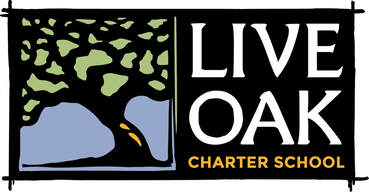Parent Education & Resources
Live Oak believes that parents can best support their child’s education if they cultivate an understanding of child development, Waldorf curriculum, and healthy parenting practices. Towards this end, the school offers parent education opportunities throughout the year.
Recommended Reading
Waldorf & Parenting
- You Are Your Child’s First Teacher, by Rahima Baldwin.
- Beyond the Rainbow Bridge: Nurturing Our Children from Birth to Seven by Barbara J.Patterson, Pamela Bradley & Jean Riordan
- Waldorf Education, a Family Guide, edited by Pamela Johnson Fenner.
- Understanding Waldorf Education: Teaching from the Inside Out, by Jack Petrash
- Waldorf Schools: Volume I and II, edited by Ruth Pusch
- Positive Discipline, by Jane Nelson
- School as a Journey: the Eight-Year Odyssey of a Waldorf Teacher and His Class, by Torin Finser
- Simplicity Parenting, by Kim John Payne
Media & Children
- Endangered Minds: Why Our Children Don’t Think by Jane Healy
- The Plug-In Drug and Unplugging the Plug-In Drug by Marie Winn
- What To Do After You Turn Off the TV by Frances Moore Lappe
- How Television Poisons Children’s Minds by Miles Everett
- Who’s Bringing Them Up? How to Break the TV Habit by Martin Large
Live Oak Charter is informed by the core principles of the Alliance for Public Waldorf Education







